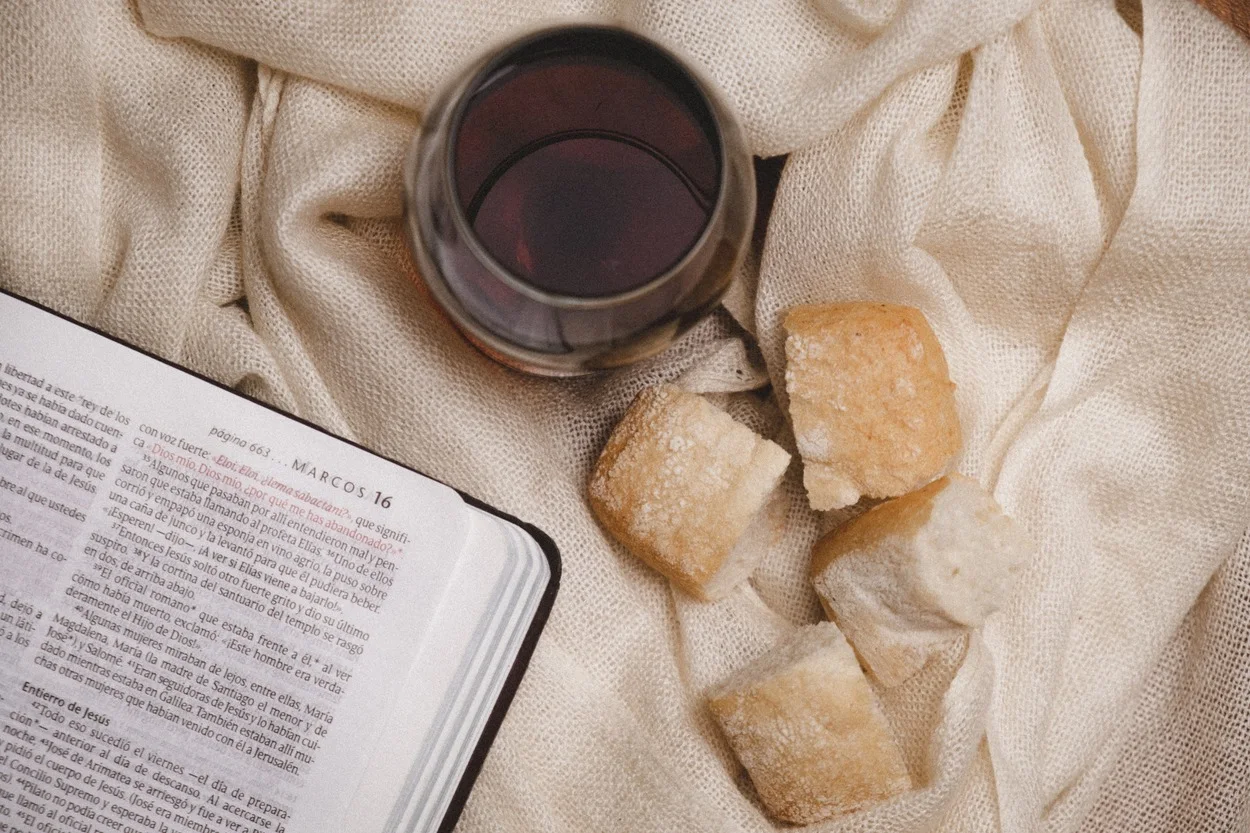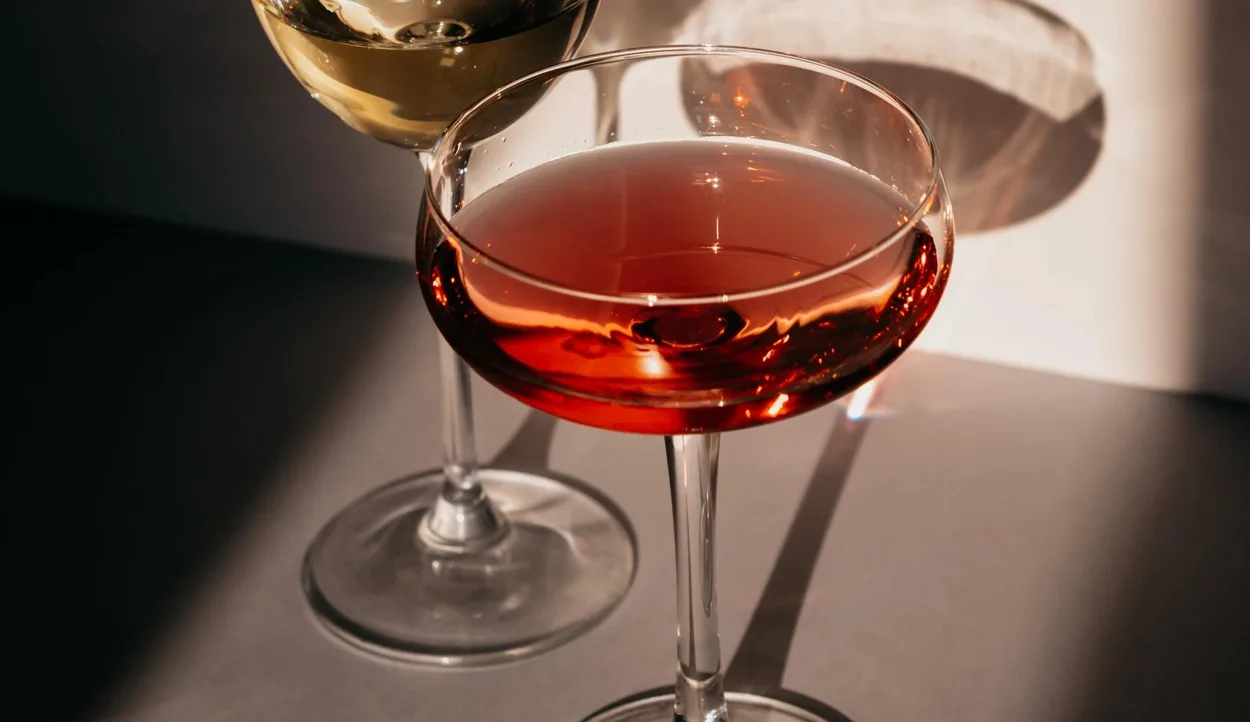Did you know that Marsala wine and Madeira wine have been enjoyed for centuries?
Both are fortified wines, meaning they are strengthened with distilled spirits. But what distinguishes them from one another?
Marsala comes from Sicily, while Madeira hails from the island of Madeira off the coast of Portugal. Additionally, different grapes are used in the production of these two wines, resulting in unique flavor profiles.
In this article, we will explore the differences between Marsala wine and Madeira wine to give you a better understanding of each.
So read on and discover what makes these two special wines stand out from the rest.
Marsala Wine
Marsala is an Italian fortified wine from Sicily. It is produced with the grapes Grillo, Catarratto, Inzolia, and Damaschino in varying proportions depending on the style of Marsala desired.
The flavor profile is more of apricot, vanilla, and tobacco, with an alcohol content of between 15-20%.
Marsala is usually made with a solero system, which involves blending evaporated wines with new wines. This makes it an extremely versatile and complex wine.
Madeira Wine

Madeira wine is a fortified wine from the island of Madeira, off the coast of Portugal. It uses several different grapes, such as Sercial and Malvasia, to create a range of flavors.
Sercial is very acidic and dry with dominant lemon flavors, whereas Malvasia tastes like toffee, vanilla, and marmalade and is extremely sweet.
The wines are produced by either estufagen or canteiro heating processes. Madeira once owed its flavor to prolonged shipping in sailing vessels through tropical waters.
Nowadays, it’s heated to around 55°C for 90 days or so to evaporate part of the wine and change its flavor profile. Madeira is often viewed as an exquisite wine with complex flavors that is perfect for drinking on its own.
Marsala vs. Madeira
| Marsala Wine | Madeira Wine | |
| Origin | Sicily, Italy | Madeiros Islands, Portugal |
| Grapes Used | Grillo & Catarratto Grapes | Malvasia & Verdelho Grapes |
| Flavor Profile | Apricot, vanilla & tobacco | Lemon, toffee, vanilla & marmalade |
| Affordability | Inexpensive | Expensive |
| Usage | Cooking | Drinking |
Can You Substitute Marsala Wine For Madeira Wine?
Marsala and Madeira are both fortified wines, but they differ in sweetness. While Marsala is generally sweet and nutty, Madeira is much sweeter. Therefore, it would be difficult to substitute one for the other.
However, other types of fortified wines, such as port or sherry, could be used as a substitute for Madeira in a pinch, although they may not provide the same sweetness.
Additionally, dry but fruity red wine and extra sugar can be used as an alternative to Madeira. Ultimately, using the recommended type of fortified wine for your recipe will yield the best results.
Is Marsala Sweet or Dry?

Marsala is a fortified wine from Sicily that can come in dry, semi-sweet, or sweet varieties. Its flavor profile consists of dried apricots, brown sugar, tamarind, vanilla, and tobacco.
Most Marsala used for cooking is on the lower tier of quality. However, the finest Marsala is the dry Vergine Marsala. It can be enjoyed alone or with food and pairs well with creamy desserts such as crème brulee or Italian zabaglione, marzipan, or soups.
Sherry, Port, and Madeira may be more popular these days, but Marsala still provides a very pleasant experience. Whether you’re looking for a dry Marsala to add depth to your favorite sauces or a sweet, syrupy Marsala to top off some delectable desserts, there could be one that suits your taste buds.
Madeira vs. Port Wine
Port and Madeira wines are both fortified wines, but there are distinct differences between them. Port wine is produced in Portugal’s Douro Valley, where the grapes are fermented before being mixed with a high-proof wine distillate to create a distinctive taste.

Madeira, on the other hand, is made on the Portuguese island of Madeira and is typically more robust than Port wine.
The fortification of Madeira results from its history as a port of call for ships during the Age of Exploration when the wines were often exposed to heat on long voyages.
For this reason, Madeira was fortified with spirits to help preserve it during maritime travel. In addition, Port wines tend to be sweet, while Madeira wines can range from sweet to dry.
Madeira vs. Sherry
Madeira and sherry are two unique styles of fortified wines, each hailing from a different region.
Madeira is produced on the Portuguese island of Madeira in the Atlantic Ocean, while sherry is made in Jerez de la Frontera, Spain. Both have been aged for years before making their way to market, giving them complex, unique flavors.
Madeira is a full-bodied, sweet, and fruity wine that can range from very dry to very sweet. It has aromas of nuts and caramel with hints of dried fruit, toast, and honey.
The flavor profile is nutty, rich, and intense, with notes of walnuts, dried apricot, caramel, honey, and spices. Madeira is best served slightly chilled at 18-20°C (64-68°F).
Sherry, on the other hand, is a dry fortified wine with an intense flavor profile that has notes of dried fruits, nuts, and spices. It ranges from very light in color to dark brown or black.
Its aromas are dark fruits, nuts, and caramel. On the palate, it is intensely sweet with a nutty flavor. While sherry can be served chilled at 18°C (64°F), it’s best enjoyed when served slightly warm at 16-18°C (60-64°F).
Conclusion
- In conclusion, Marsala wine and Madeira wine may both be fortified wines, but their differences in origin, production process, flavor profiles, affordability, and usage make them two unique beverages.
- While Marsala is usually used for cooking purposes due to its inexpensive nature, Madeira has a more complex flavor profile and is suited for enjoying on its own.
- No matter the occasion, you can be sure to find a wine that suits your taste.

